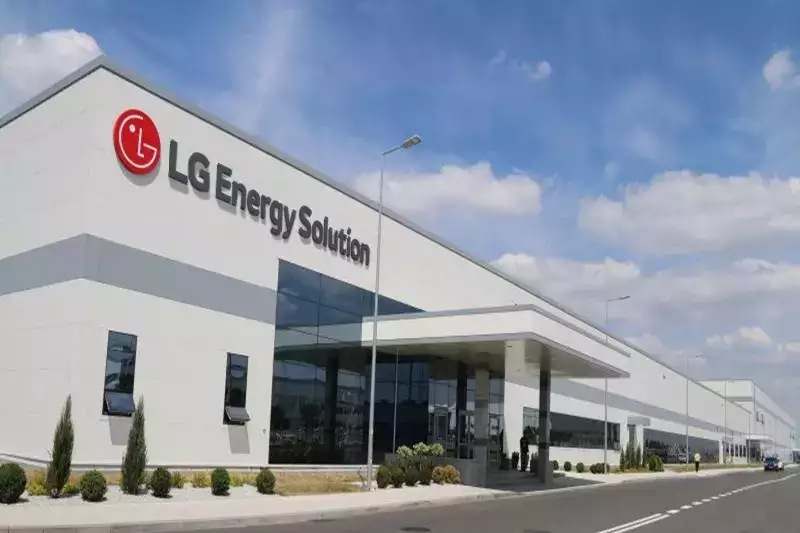
The company, which supplies Tesla, General Motors and Hyundai Motor, also expects the result of the U.S. presidential election next week to have a significant impact on EV market direction, its CFO said.
"Looking ahead to 2025, we see continuing macro uncertainty and geopolitical risk, increased (battery) exports by Chinese rivals, as well as (automaker) customer plans to manufacture their own batteries, which would intensify competition," Chief Financial Officer Lee Chang-Sil said on an earnings call.
"When it comes to revenue growth next year, we have a rather conservative outlook," Lee said. "We expect capital expenditure to be significantly reduced next year compared to this year, with the exception of some essential and necessary investment." In April, LGES said it planned to reduce capital expenditure this year due to slowing growth in EVs.
It also said earlier this year that 2024 capital expenditure would be similar to the previous year's 10.9 trillion won. Several automakers are scaling down electrification targets, hurt by slowing EV demand brought about by factors including the lack of affordable models, slow proliferation of charging points, trade tension and increased competition from cheaper Chinese rivals.
Demand will likely recover in about 18 months in Europe and two to three years in the United States, depending in part on climate policies and other regulation, a senior LGES executive told Reuters in July. "The general view is that the pace of EV demand growth could be slower if Donald Trump is elected to a second term in the White House (compared with under Kamala Harris) as he has suggested cutting EV tax credits," said analyst Kang Dong-jin at Hyundai Motor Securities.
BEATS ESTIMATES
LGES reported operating profit of 448 billion won ( USD 322.84 million) for July-September, in line with its earlier forecast but down from 731 billion won in the same period a year earlier,
However, improved demand from some European and North American automakers helped the battery maker beat the 374 billion won LSEG SmartEstimate, calculated from the average of 20 analyst estimates and weighted toward the estimates of analysts who are more consistently accurate.
LGES said it would have booked an 18 billion won operating loss in the quarter without a tax credit received under the U.S. Inflation Reduction Act.
Revenue fell 16% to 6.9 trillion won.
LGES' share price was 1.2% after the results, outpacing a 0.9% rise in the benchmark KOSPI.
Disclaimer: The copyright of this article belongs to the original author. Reposting this article is solely for the purpose of information dissemination and does not constitute any investment advice. If there is any infringement, please contact us immediately. We will make corrections or deletions as necessary. Thank you.





